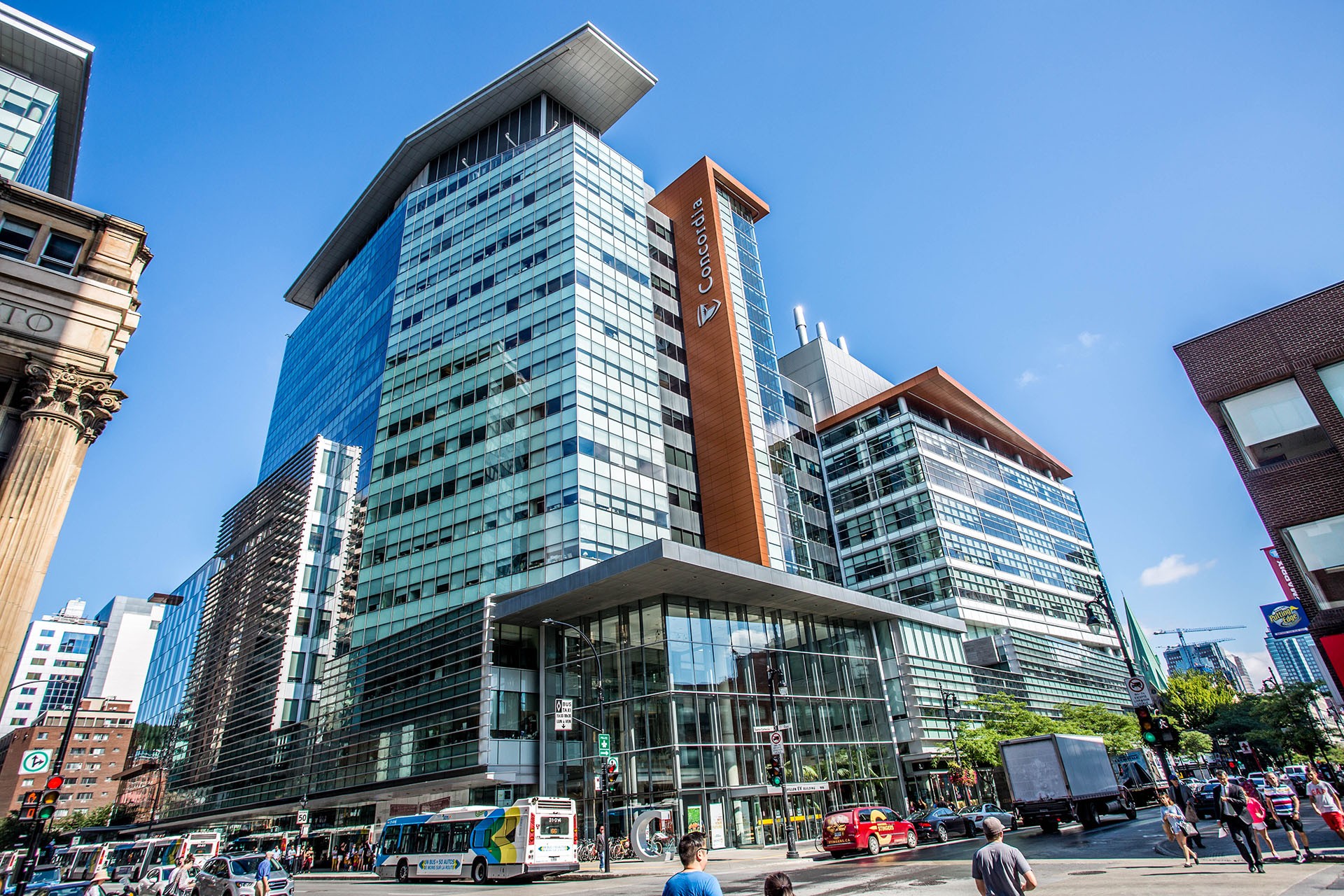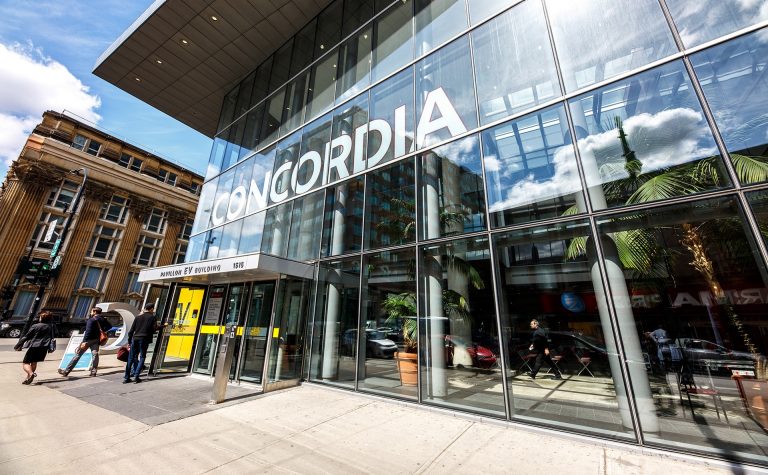📖Introduction
Concordia University is a public research university located in Montreal, Quebec, Canada. Founded in 1974 following the merger of Loyola College and Sir George Williams University, Concordia is one of the three universities in Quebec where English is the primary language of instruction. We’re a next-generation university, continually reimagining the future of higher education. Located in the vibrant and multicultural city of Montreal, Concordia is the top-ranked university in North America founded within the last 50 years and annually registers some 51,000 students through its innovative approach to experiential learning and cross-functional research.
As a next-generation university, Concordia sets its sights further and more broadly than others. We align the quality of learning opportunities to larger trends and substantial challenges facing society. We pursue technology without losing sight of our humanity. We find inspiration through narrative and dialogue.
Show less











